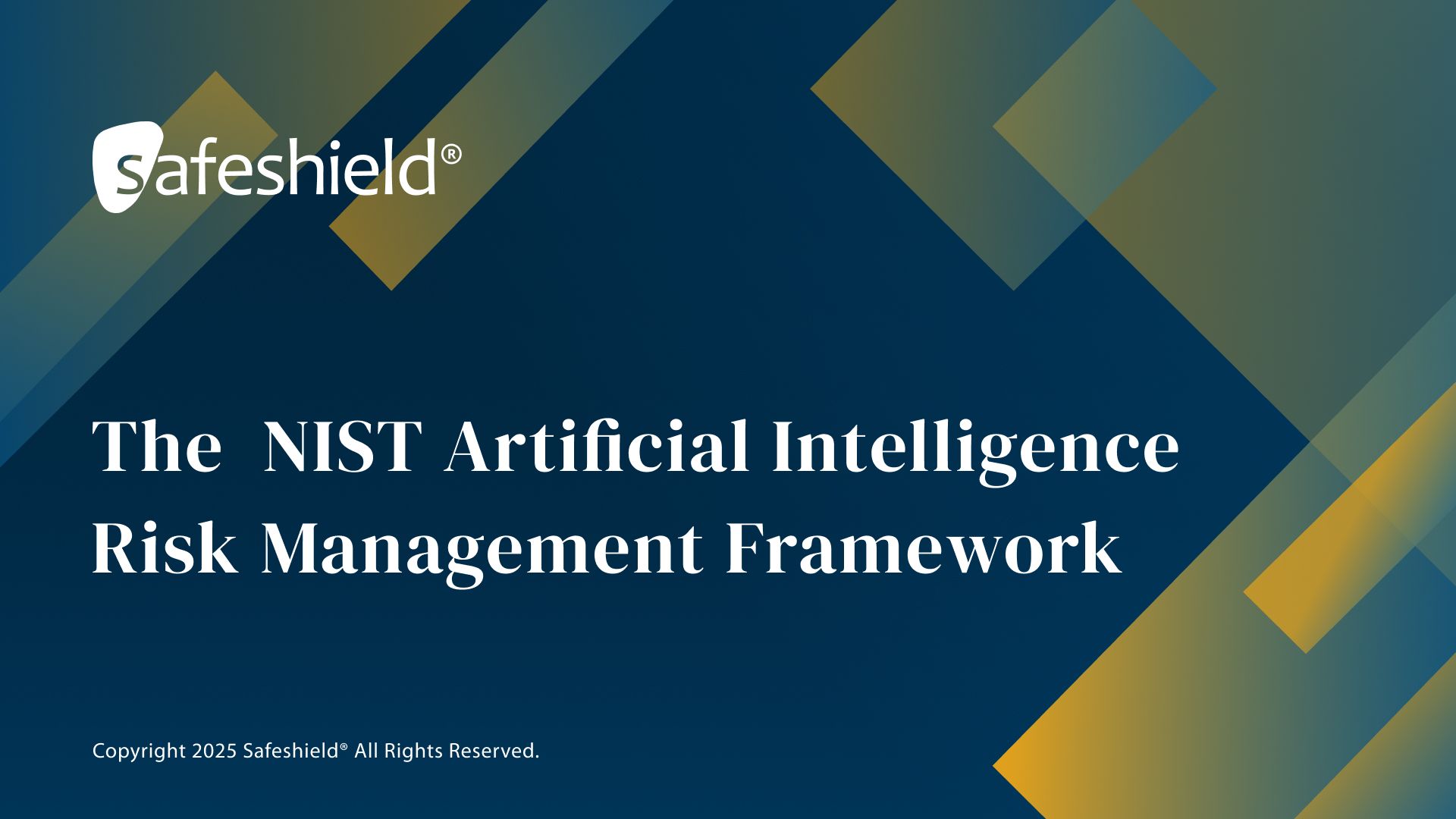Preparing for a career in cybersecurity
September 3, 2024
In today's digital age, cybersecurity professionals are more vital than ever. They protect sensitive information, ensure the integrity of systems, and defend against an ever-growing array of cyber threats. As the demand for skilled cybersecurity experts continues to rise, so does the need for individuals prepared to meet the challenges of this dynamic field. But what does it take to launch a successful career in cybersecurity? Here’s a look at the key steps to help you get started.
Building a strong educational foundation
A solid educational background is often the first step toward a career in cybersecurity. While a degree isn’t always mandatory, earning a bachelor's degree in computer science, information technology, or a related field can provide a strong foundation. These programs typically cover essential topics such as networking, programming, databases, and information security principles, all crucial for understanding the technical aspects of cybersecurity.
For those who already have a degree in a non-technical field, pursuing a cybersecurity certification or a specialized degree in cybersecurity can bridge the gap. Many universities offer master's programs focused on cybersecurity, which delve deeper into areas like cryptography, risk management, and advanced network security. These programs are particularly beneficial for those looking to transition into the field from another career path.
Understanding networking and operating systems
Networking and operating systems are the backbone of IT infrastructure, making them essential areas of knowledge for aspiring cybersecurity professionals. A thorough understanding of how networks operate, including the protocols, devices, and security measures involved, is critical. You should be comfortable with key concepts like TCP/IP, DNS, and firewalls, as these are integral to securing network environments.
Similarly, proficiency in various operating systems, particularly Linux and Windows, is important. Linux is widely used in server environments and cybersecurity tools, while Windows is prevalent in enterprise settings. Familiarity with these systems, including their security features and potential vulnerabilities, will help you identify and mitigate risks in real-world scenarios.
Developing programming skills
Programming skills are highly beneficial in cybersecurity, enabling you to understand how software operates and how it can be exploited. Languages such as Python, C, C++, and JavaScript are particularly valuable. Python is often used for scripting and automating security tasks, while C and C++ can help you understand low-level operations and memory management, which are crucial for identifying vulnerabilities in software.
JavaScript is essential for web security, as many web applications rely on it. Understanding how these languages work can also assist you in analyzing and mitigating threats, developing security tools, and writing secure code.
Gaining hands-on experience
Hands-on experience is key to building a successful career in cybersecurity. This can be achieved through internships, labs, and personal projects. Internships with IT departments, cybersecurity firms, or government agencies can provide invaluable real-world experience. They allow you to apply your theoretical knowledge, learn from professionals in the field, and gain insight into the daily operations of cybersecurity teams.
Participating in labs and online platforms like TryHackMe, Hack The Box, or Capture The Flag (CTF) competitions can also help you hone your skills. These environments simulate real-world cybersecurity challenges and allow you to practice in a safe, controlled setting. Developing your own projects, such as creating a home lab to practice setting up and securing networks, can further reinforce your skills.
Mastering cybersecurity tools
Cybersecurity professionals rely on a variety of tools to perform their duties effectively. Familiarizing yourself with industry-standard tools is crucial. Tools like Wireshark for network analysis, Metasploit for penetration testing, and Nessus for vulnerability scanning are commonly used in the field. Each tool has its own set of features and capabilities, and mastering them can significantly enhance your ability to identify and mitigate threats.
Additionally, learning how to use Security Information and Event Management (SIEM) systems like Splunk or IBM QRadar can be advantageous. SIEM tools are essential for monitoring and analyzing security events across an organization’s network, enabling proactive threat detection and response.
Earning relevant certifications
Certifications are a key component of a cybersecurity career, demonstrating your knowledge and skills to potential employers. The CompTIA Security+ certification is often recommended as a starting point, as it covers the basics of cybersecurity and is widely recognized in the industry.
Consider obtaining other accredited certifications like ISO/IEC 27001 Lead Implementer, ISO/IEC 27001 Lead Auditor, ISO/IEC 42001 Lead Implementer, ISO/IEC 42001 Lead Auditor, Certified Lead Cloud Security Manager, Lead Pen Test Professional, or Certified Ethical Hacker (CEH) to demonstrate expertise.
For more advanced roles, certifications like Certified Information Systems Security Professional (CISSP) or Certified Information Security Manager (CISM) are highly respected. Earning these certifications requires both study and experience, but they are invaluable for advancing in your career.
Staying current with industry trends
Cybersecurity is a rapidly evolving field, with new threats and technologies emerging constantly. Staying current with the latest trends, tools, and techniques is essential. Regularly reading cybersecurity blogs, attending conferences, participating in webinars, and engaging with online communities can help you keep up to date with the latest developments.
Subscribing to industry publications, such as Dark Reading, Threatpost, or the SANS Institute's newsletters, can provide insights into the latest threats and best practices. Networking with other professionals through platforms like LinkedIn or attending local cybersecurity meetups can also help you stay informed and connected.
Building a professional network
Networking is an important aspect of any career, and cybersecurity is no exception. Building relationships with other professionals in the field can open up opportunities for mentorship, collaboration, and job opportunities. Joining cybersecurity organizations like (ISC)² or the Information Systems Security Association (ISSA) can provide access to a community of professionals and a wealth of resources, including training, certifications, and job boards.
Attending industry conferences, such as Black Hat, DEF CON, or RSA Conference, can also be beneficial. These events offer opportunities to learn from experts, explore the latest cybersecurity innovations, and connect with potential employers.

Final thoughts
Preparing for a career in cybersecurity requires a combination of education, hands-on experience, and a commitment to continuous learning. By building a strong foundation in networking, operating systems, and programming, gaining practical experience, mastering cybersecurity tools, earning certifications, and staying current with industry trends, you can position yourself for success in this rapidly growing field. With the right preparation and mindset, you’ll be well-equipped to protect digital environments and contribute to the ongoing battle against cyber threats.
Share this article





